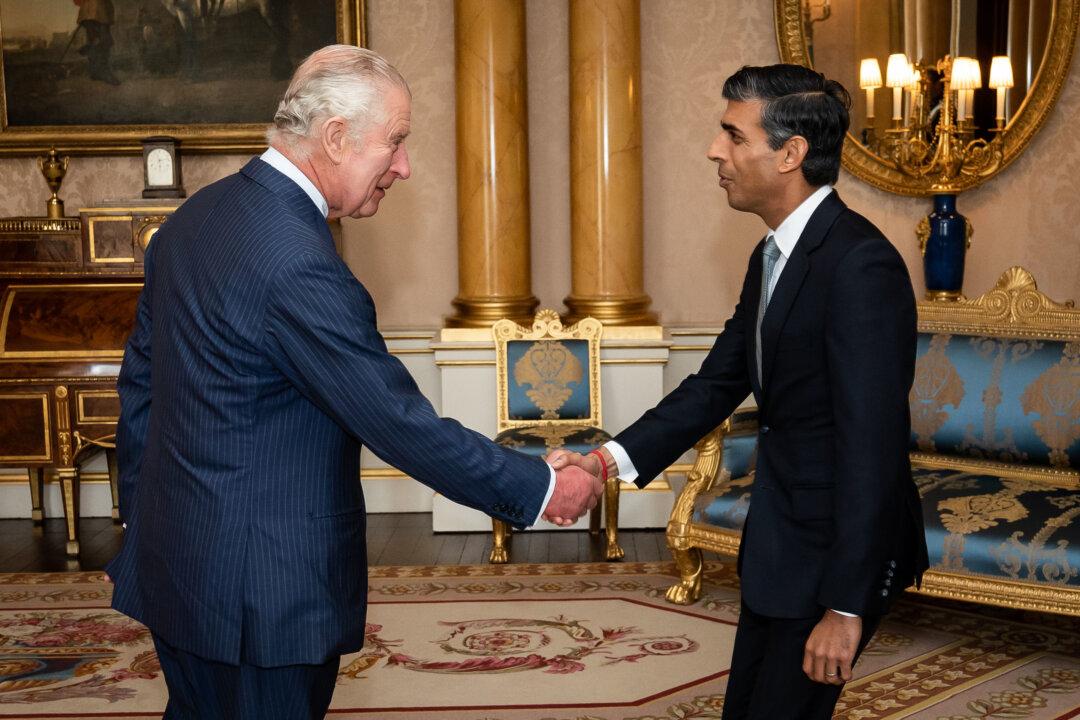Commentary
Following Rishi Sunak’s handshake with King Charles III at Buckingham Palace, the United Kingdom now has its third prime minister in just over three months, and there will be few celebrations.

Following Rishi Sunak’s handshake with King Charles III at Buckingham Palace, the United Kingdom now has its third prime minister in just over three months, and there will be few celebrations.